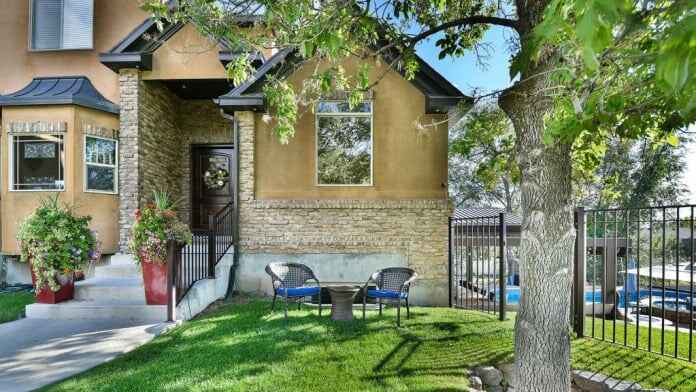About Corner Canyon Recovery – Draper
With over 115 miles of trails and 5,000 acres of open space, Draper, Utah, provides the ideal location to immerse yourself in nature and healing. It’s also home to Corner Canyon Recovery. From outpatient care to residential programs, adults 18 and older can hone in on recovery with holistic care and advanced therapeutic interventions.
Their programs offer mental health and co-occurring substance use disorder treatment for any recovery stage. You can access traditional and experiential therapies to meet your recovery goals. Group and individual sessions incorporating dialectical behavioral therapy (DBT), accelerated resolution therapy (ART), motivational interviewing (MI), eye movement desensitization and reprocessing (EMDR), are available.
What strikes me most is their assessment process. Most treatment centers provide a standard assessment to understand your psychological and psychiatric needs and determine the best level of care for you. They offer extensive assessments, including hormone, DNA, and medical testing as well as brain scans.
You’ll also complete a thorough nutritional psychiatry assessment. This way, you’ll eat healthier and have more energy. By being more fit, you’ll have greater confidence. I think this highlights their dedication to holistic care, ensuring they understand your needs from every angle to create a truly personalized treatment plan.
Another notable feature is their recreational therapy. You can participate in river rafting, paddle boarding, escape rooms, hiking, fly fishing, somatic breathwork, and massage therapy. You and your peers can bond and reaffirm your commitments to recovery.
On your own, Draper City Park is pretty close by and you can stress your legs. These approaches can help you learn new ways to process and manage your emotions. You’ll also benefit from healthy outlets for self-expression and stress management.
I also think it’s wonderful that they provide LGBTQIA+ friendly care. They understand that people in the LGBTQIA+ community often face unique challenges and barriers to treatment. They create a safe, culturally competent space to explore your identity, overcome trauma, and connect with peers on similar paths.
Please note that, at the time of writing, Medicare and Medicaid are not accepted.





